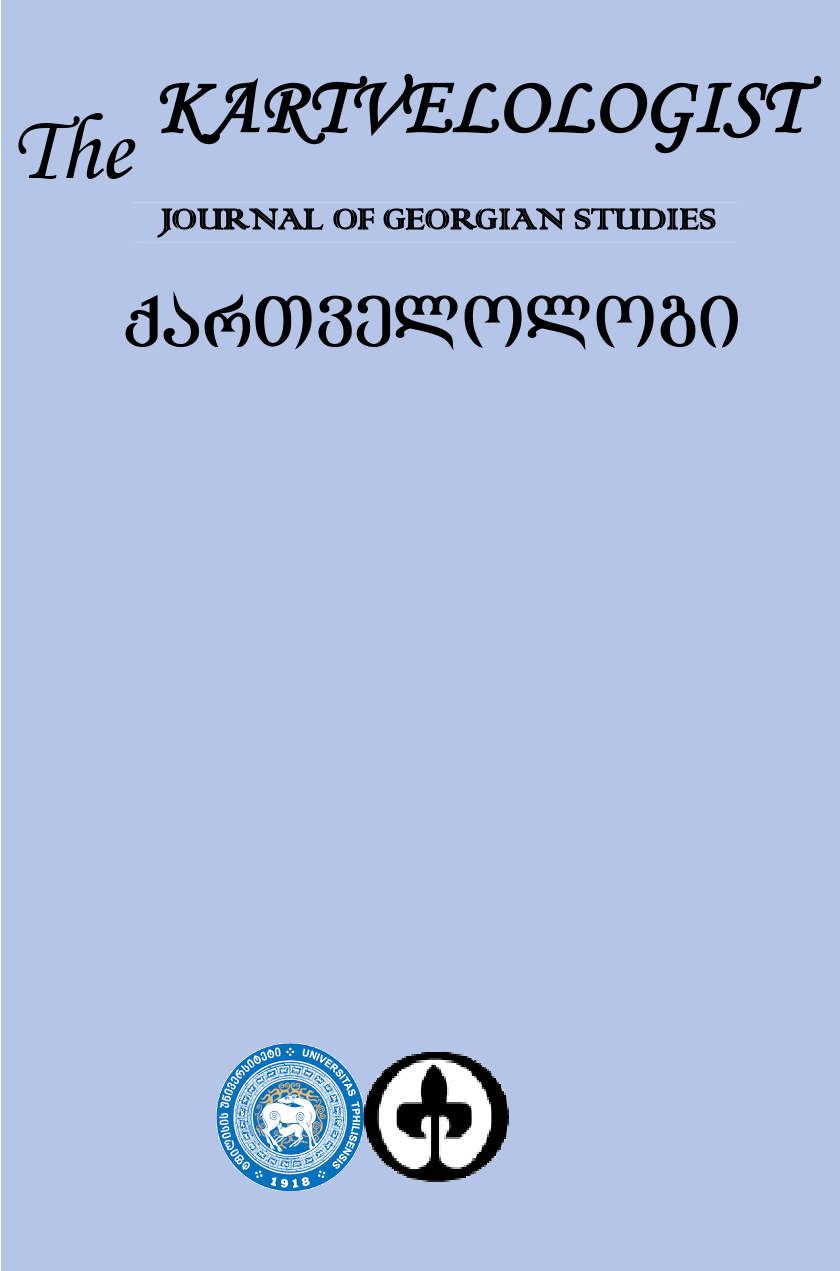The Meaning of the Words “mkali (locusts)” and “veluri tapli (wild honey)” Mentioned in the Gospel
mkali, that is danakiskudi, tapli veluri – melagria
Keywords:
John the Baptist, melagria, mkali, locust, danakiskudi, wild honey, datesAbstract
This article discusses the meaning of old Greek words and their old Georgian equivalents, mentioned in the New Testament as the food of St. John the Baptist.
According to Matt. 3:4 and Mark 1:6, John the Baptist ate locusts and wild honey: Mt. (3:4): “...and his food was locusts [Gr: akrides] and wild honey [Gr. meli agrion]; Mr. (1:6): “...and he did eat locusts [Gr. akridas] and wild honey” [Gr. meli agrion].
The discussion about the terms locusts and wild honey began in the early centuries and continues until today. The Georgian translations of Greek homilies or patristic works, beginning from the VII century, as well as the Greek authors of these works often have commented the meaning of the words akris and meli agrion//melagria. These terms are also interpreted and determined in the old Georgian original texts.
In this article we support the view that claims that these terms mean plants, herbs. We have already published one article on the issue. Now, after 11 years, more, additional arguments were found both from old manuscripts and contemporary researches, which are presented in this work
Downloads
Published
How to Cite
Issue
Section
License
Copyright (c) 2018 Maya Barnaveli

This work is licensed under a Creative Commons Attribution-NoDerivatives 4.0 International License.




